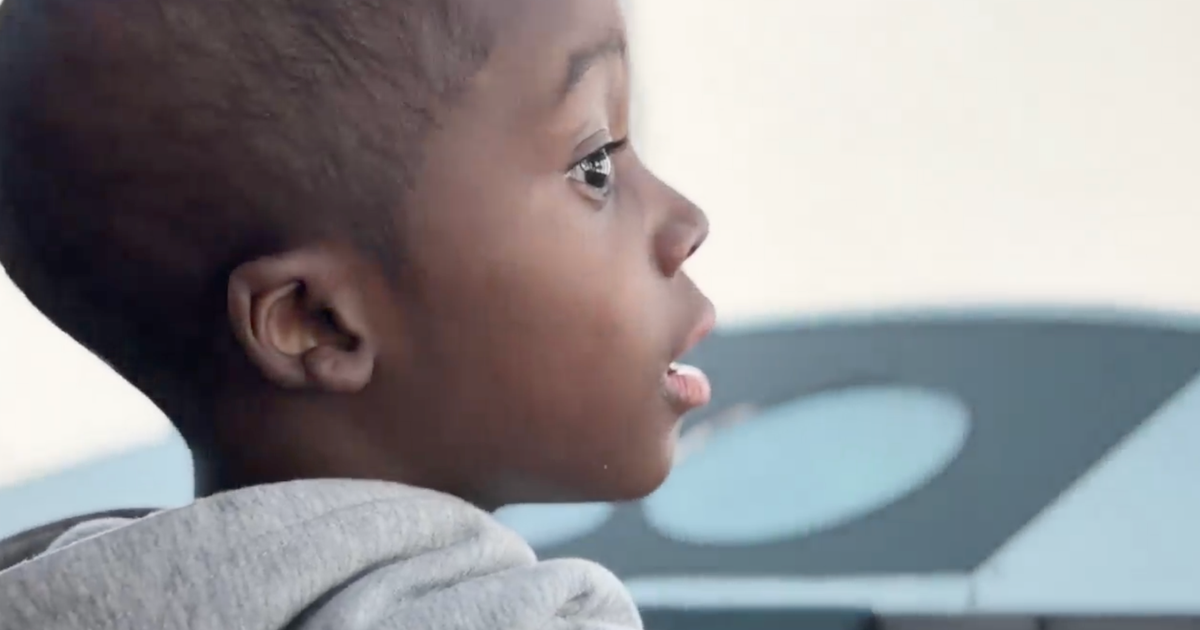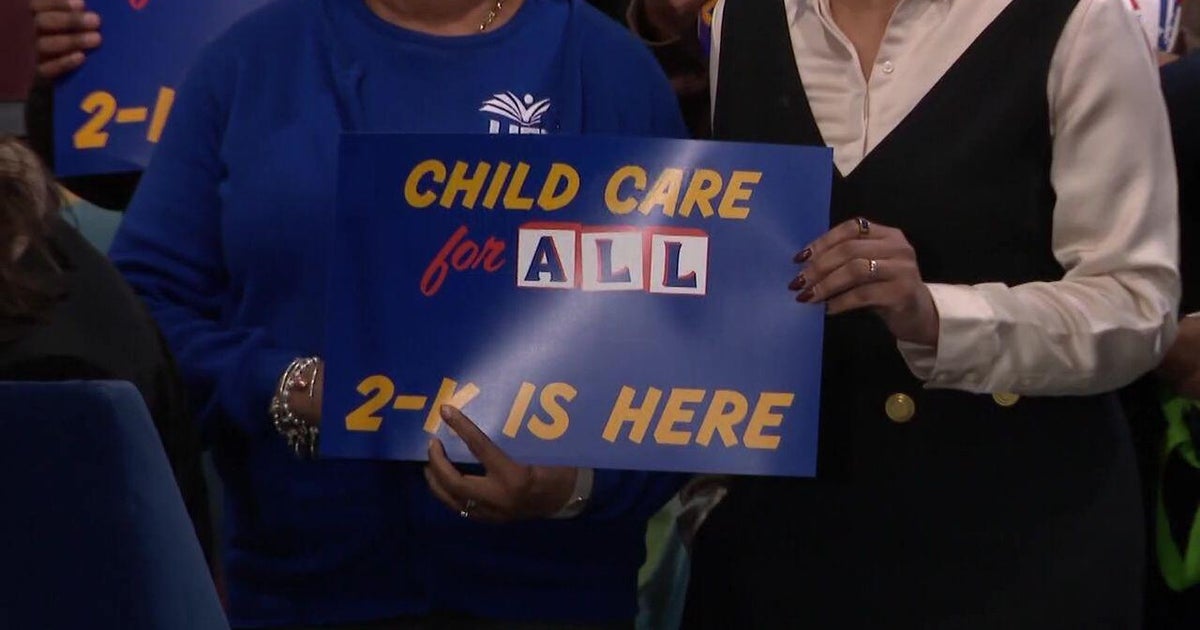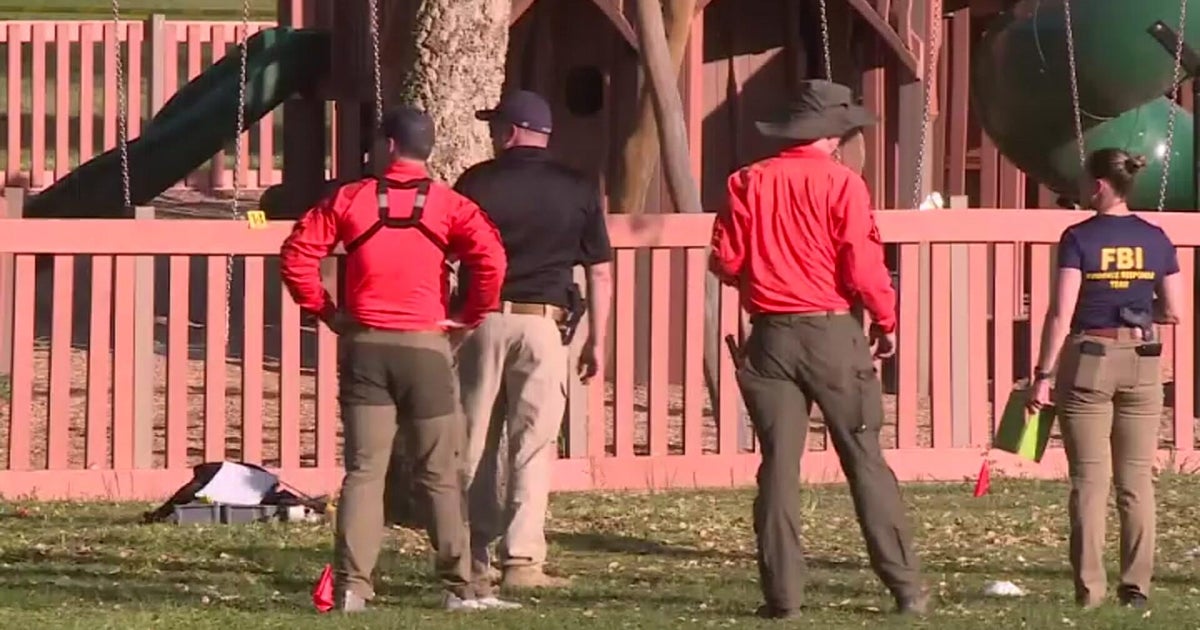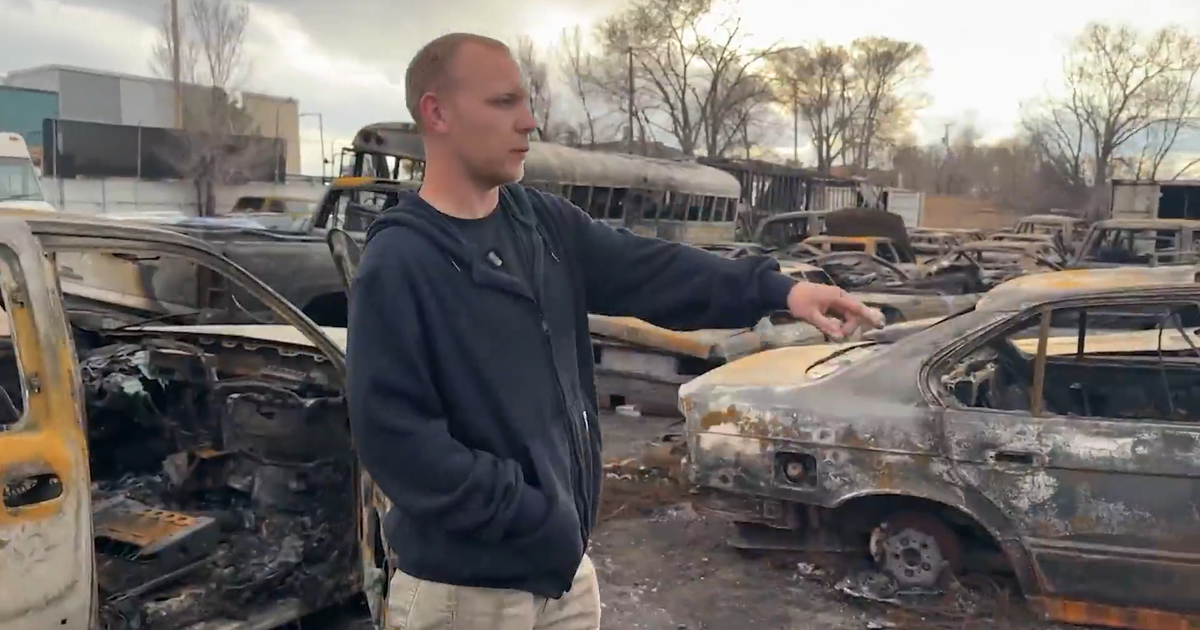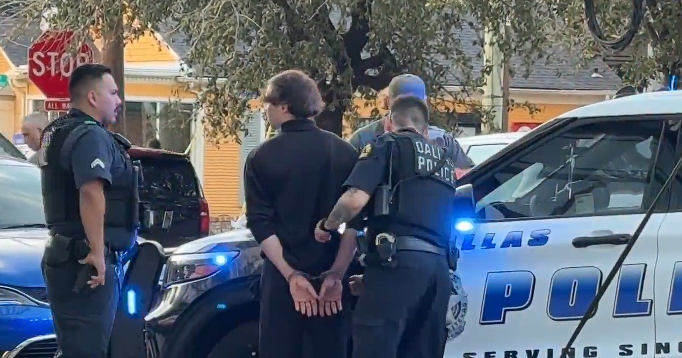Davis professor loses breast cancer battle months after community rallied to help find innovative therapies
DAVIS -- One in eight—that's how many women will be diagnosed with breast cancer in their lifetime, according to the National Breast Cancer Foundation.
In 2024, that's an estimated 310,000 women and nearly 3,000 men with a new diagnosis.
Danielle Heard Mollel, a Davis professor and mother of three, first shared her journey with stage 4 breast cancer with CBS13 in April.
The week of her last chemo treatment, she was looking outside the box to find any new and innovative cancer therapies that could help her.
The community rallied and raised nearly $50,000 to help Danielle get oxygenation therapy and possibly proton therapy in the future.
"You know, I have my three children to think about. They are very young. They are barely old enough to understand what's going on," Danielle said through tears in April.
Danielle lost her battle with cancer on September 13.
It comes only two years after she was first diagnosed with breast cancer when she was just 42 years old. It was her first mammogram appointment.
"My immediate response was, okay, I am going to beat this. What do I need to do to beat this?" Danielle told CBS13.
Since her passing, Danielle's friend Laurie Lambert has been focusing the fundraising efforts now on supporting Danielle's husband and three children—ages 8, 6 and 2.
"Anybody who has been through this will know that the medical bills are going to keep coming for a while. Those have to be taken care of. Funeral bills, childcare expenses for the children and I know her family would like to start some scholarship funds for her three children," Lambert said.
So far, more than $11,000 dollars has been donated online to support the family.
"When it comes to her legacy and what can be left behind when it comes to this diagnosis, what would you want that to be?" I asked Lambert.
"I will be booking my annual mammogram this month. Today, I was talking to my cousin and she said she was so sorry to hear about Danielle. Then we had that conversation. Make sure that you book your mammogram," Lambert said.
Even in April, Danielle told CBS13 that if someone could take just one thing from her story, it's that early detection saves lives.
"This is a story that unfortunately is shared by far too many families, far too many communities. Even if we are just saving one person, we are helping to improve the lives of many. None of us exist as an island. We are all in community with each other," Lambert said.
In her final months, Danielle stayed strong, even in the face of a daunting diagnosis and hard questions from those she lived for.
"My daughter, she asks, 'Mom, I have a question about cancer.' 'What is it, hun?' 'Does it ever go away?' I said, 'Well, for some people, it does,' " Danielle told me in April.
Even though breast cancer is the most common cancer in the United States, in the past 30 years, there has been a 42% decrease in breast cancer deaths thanks largely to early detection and increased awareness.
When breast cancer is caught at its earliest, localized stages, the 5-year relative survival rate is 99%.
Most new guidelines recommend women with an average risk of breast cancer start getting mammograms at the age of 40 at least every 2 years. By the age of 45, women should be getting them annually.
Adult women of all ages are encouraged to do a breast self exam once a month to check for any abnormal lumps.
